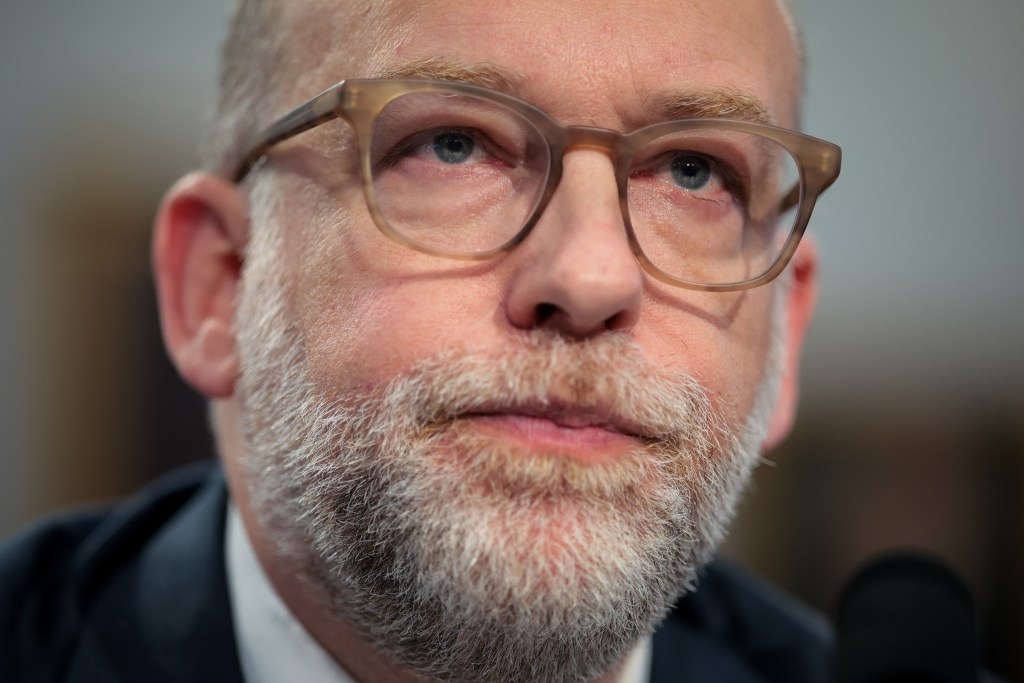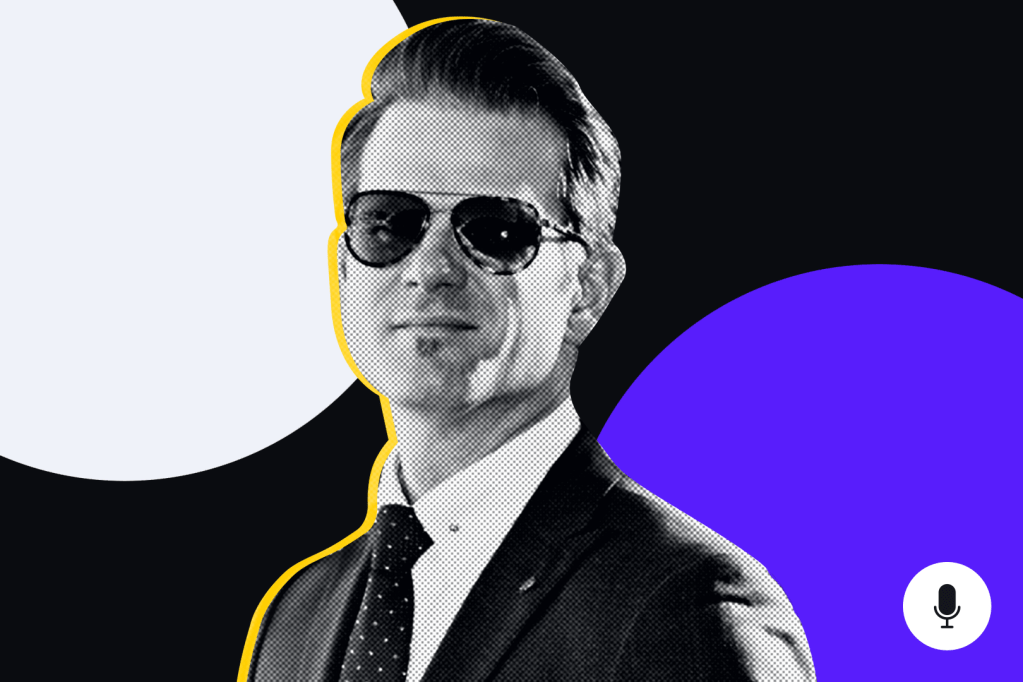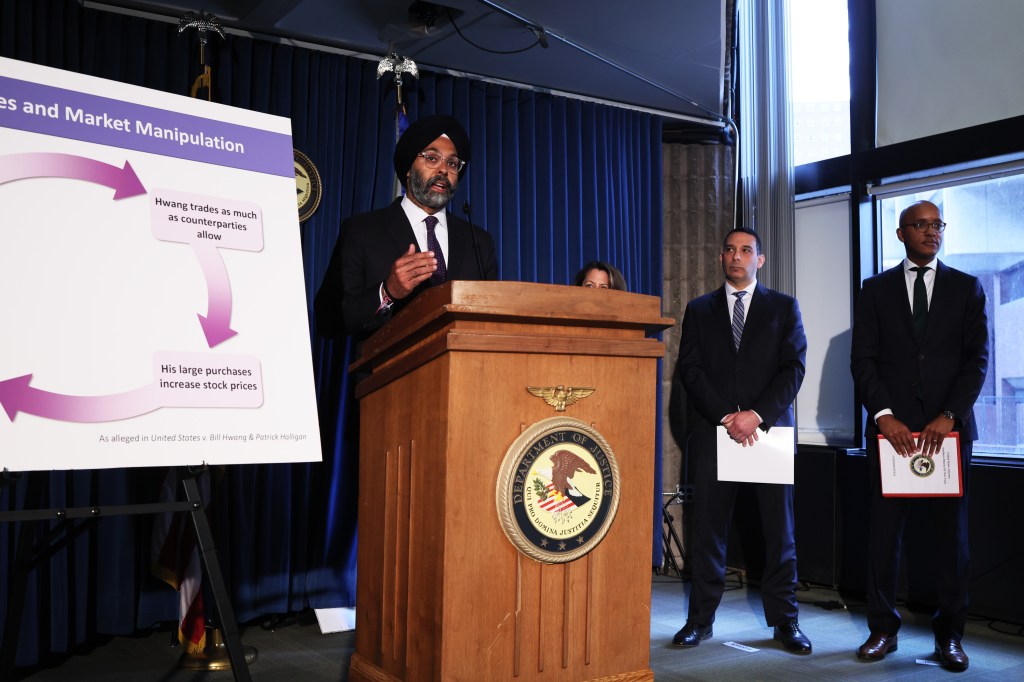The SEC’s enforcement director, Gurbir Grewal, is leaving the agency, the SEC just announced. The move culminates a three-year tenure during which the agency embarked on a surge in enforcement activity and rulemaking, with increased attention on both Wall Street firms and cryptocurrency ones.
Grewal has led the SEC’s 1,500-person
Register for free to keep reading
To continue reading this article and unlock full access to GRIP, register now. You’ll enjoy free access to all content until our subscription service launches in early 2026.
- Unlimited access to industry insights
- Stay on top of key rules and regulatory changes with our Rules Navigator
- Ad-free experience with no distractions
- Regular podcasts from trusted external experts
- Fresh compliance and regulatory content every day













